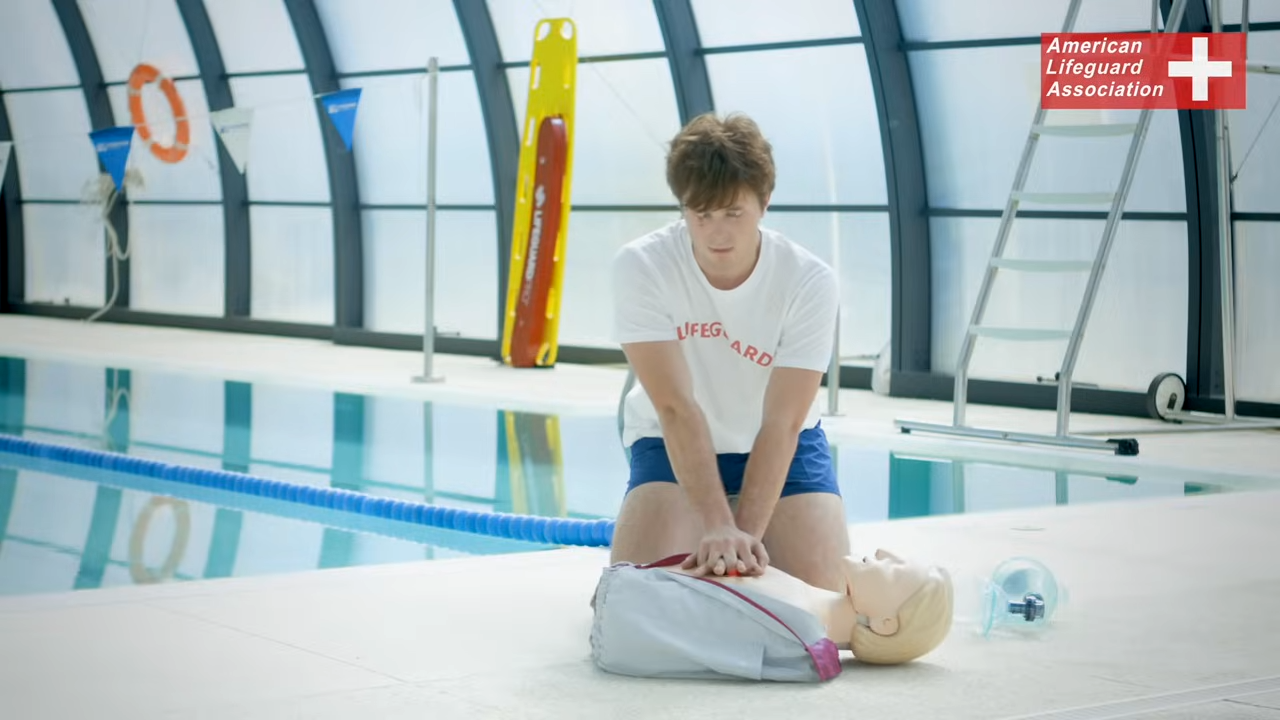In order to sign up for a certification course, a candidate must meet the minimum age requirement. The American Lifeguard Association says that the candidate should already be 15 years old. Some places have different requirements, so it is preferable to check your local guidelines first.
Excellent Level of Swimming
The potential lifeguards must show that they posess some swimming skills. Most certification programs offer a swim test that includes distance swimming, treading water for an amount of time, and diving for an object. These tests allow lifeguards in training to show that they are capable of performing water rescues.
General Physical Fitness and Endurance
Lifeguards must be physically fit, strong, and have a high endurance. Candidates should do at least some type of vigorous activity on a regular basis. These can include running, swimming, and strength exercises to acheive the fitness level needed to perform emergency response and rescue activities.
CPR and First Aid Certification Training
A lifeguard certification course contains a lot of parts including CPR (cardiopulmonary resuscitation) and first aid. The American Lifeguard Association teaches how to perform CPR on adults, children, and even infants, as well as how to take care of the most standard injuries and illnesses that can occur in any swimming pool setting.
Lifeguard Water Rescue Techniques
Part of a lifeguard’s training is practicing different water rescue methods. They must learn how to do reaching assists as well as active and passive drowning rescues. Even some spinal injury management must be mastered. The training prepares the lifeguards to act swiftly and efficiently on different types of emergencies.
Assisted Emergency Response Techniques
Drowning, injuries, and other sudden medical emergencies are the most frequent ones that lifeguards need to deal with. Certification courses always train ‘for’ such emergencies and have simulation sessions for practicing scenario decision-taking as well as response strategies.
Hands-On Assessment and Theory Of Water Rescue
In order for a lifeguard to receive their certificate, they must pass both a practical and a theory exam. The written evaluation tests general knowledge related with water safety, emergencies with rescues, and water first aid treatment. On the practical side, they have to show how to perform rescues, CPR, and first aid in a real life scenario.
Recertification and Background Check Obligation
Some schools, day care centers, and other guardianship organizations as well as employers require recertification after a certain time, which includes doing a background check of the person obtaining a job as a lifeguard, especially if children are involved. Usually lifeguard near me expires after two years and needs to be renewed with refresher courses and new certification exams with the American Lifeguard Association.
Local Laws and Regulations One Must Be Aware Of
Lifeguards are required to understand local and state policies related to water safety, pools, and emergencies. The American Lifeguard Association ensures that candidates understand these legal responsibilities to meet safety standards.
